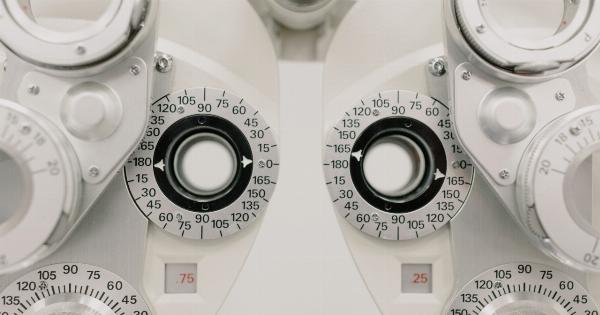Beer is one of the most popular alcoholic beverages consumed worldwide. It offers a range of flavors and styles that appeal to many people. However, as with any alcoholic drink, there are potential risks associated with excessive consumption.
One such risk is the potential impact of beer on the development of dementia.
The Basics of Dementia
Dementia is a general term used to describe a decline in cognitive ability severe enough to interfere with daily life. It affects memory, thinking, behavior, and the ability to perform everyday tasks.
Alzheimer’s disease is the most common form of dementia, accounting for approximately 60-80% of cases. While dementia is prevalent among the elderly, it is not a normal part of aging.
The Role of Beer in Dementia Risk
Beer contains alcohol, and excessive alcohol consumption is known to have harmful effects on various organs, including the brain. Chronic heavy drinking is associated with an increased risk of developing dementia, particularly early-onset dementia.
It’s important to note that moderation is key, as moderate alcohol consumption may have some potential benefits.
Moderate Beer Consumption and Cognitive Health
Research suggests that moderate beer consumption may have a protective effect on cognitive health. Moderate drinking is typically defined as up to one drink per day for women and up to two drinks per day for men.
Several studies have found that moderate alcohol consumption is associated with a reduced risk of cognitive decline and dementia, including Alzheimer’s disease.
Beer’s Potential Protective Mechanisms
The exact mechanisms behind the potential protective effects of moderate beer consumption on cognitive health are not fully understood, but several theories have been proposed.
One theory suggests that the antioxidants present in beer, such as polyphenols, may help reduce oxidative stress and inflammation in the brain, which are known to contribute to cognitive decline. Another theory relates to the potential positive impact of moderate alcohol consumption on cardiovascular health. Better cardiovascular health may lead to improved blood flow to the brain and reduced risk of cognitive impairment.
Key Factors to Consider
While moderate beer consumption may have potential protective effects, it is essential to consider other factors that can impact dementia risk.
These factors include genetics, overall lifestyle, other substances consumed, and any underlying health conditions. Additionally, it’s important to be aware that excessive beer consumption can significantly increase the risk of developing dementia and other health issues.
It is always recommended to consult with a healthcare professional to assess personal risk factors and discuss the potential benefits and risks associated with alcohol consumption.
Beer Consumption Guidelines
When it comes to consuming beer or any alcoholic beverages, moderation is key. The guidelines provided by health organizations should be followed to reduce the risk of adverse effects.
For women, it is generally recommended to limit beer consumption to one drink per day, while men can consume up to two drinks per day. It is important to note that these guidelines apply to individuals of legal drinking age and in good overall health.
Conclusion
The connection between beer consumption and the risk of developing dementia is a complex and multifaceted topic.
While excessive alcohol consumption is known to increase the risk of dementia, moderate beer consumption may have potential protective effects on cognitive health. The key is to strike a balance and practice moderation in alcohol consumption.
It is essential to consider individual factors and consult with healthcare professionals to assess personal risk factors and make informed decisions about alcohol consumption. Remember, maintaining a healthy lifestyle, engaging in mental and physical activities, and adopting a balanced diet are crucial for maintaining cognitive health throughout life.






























